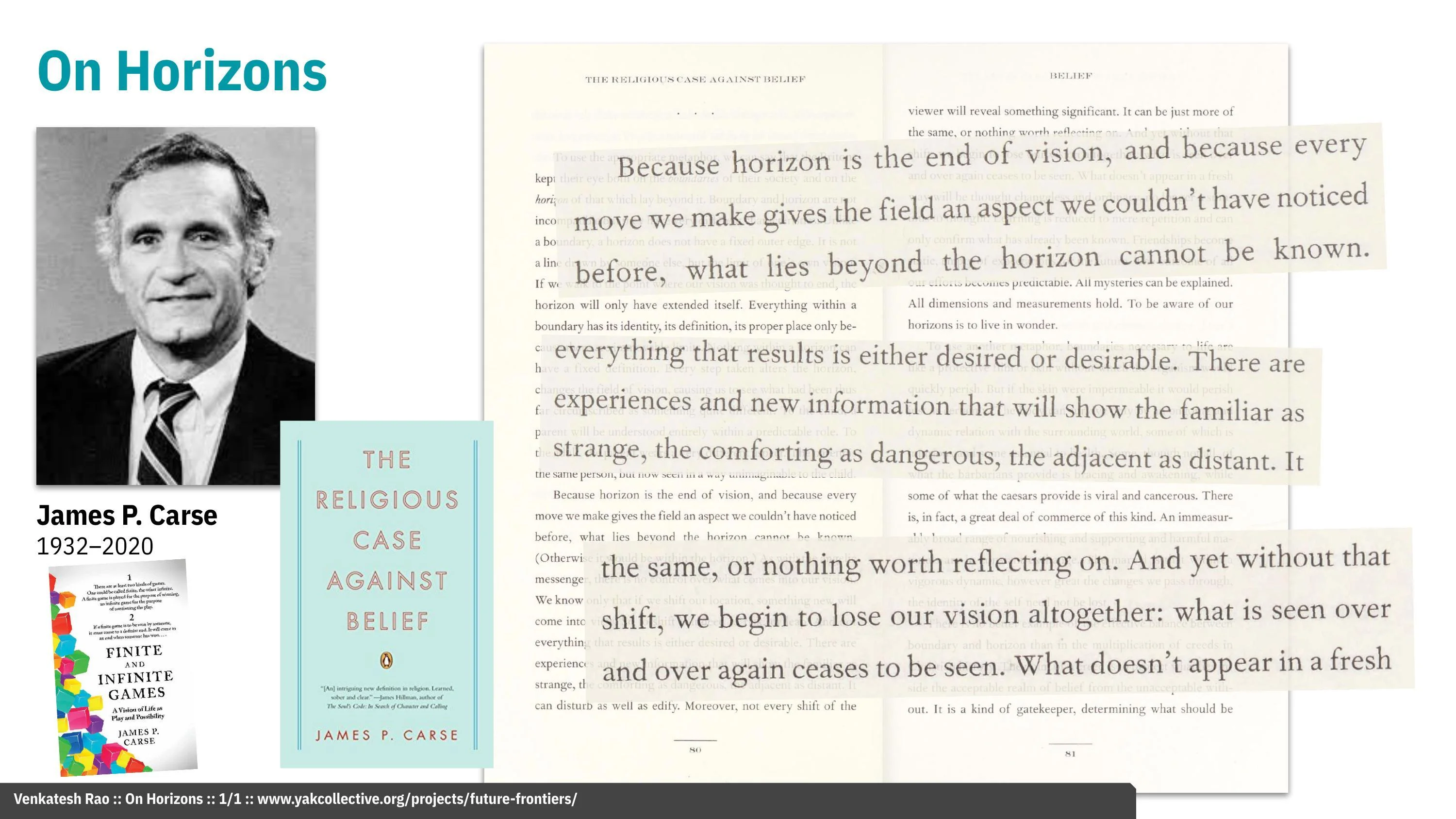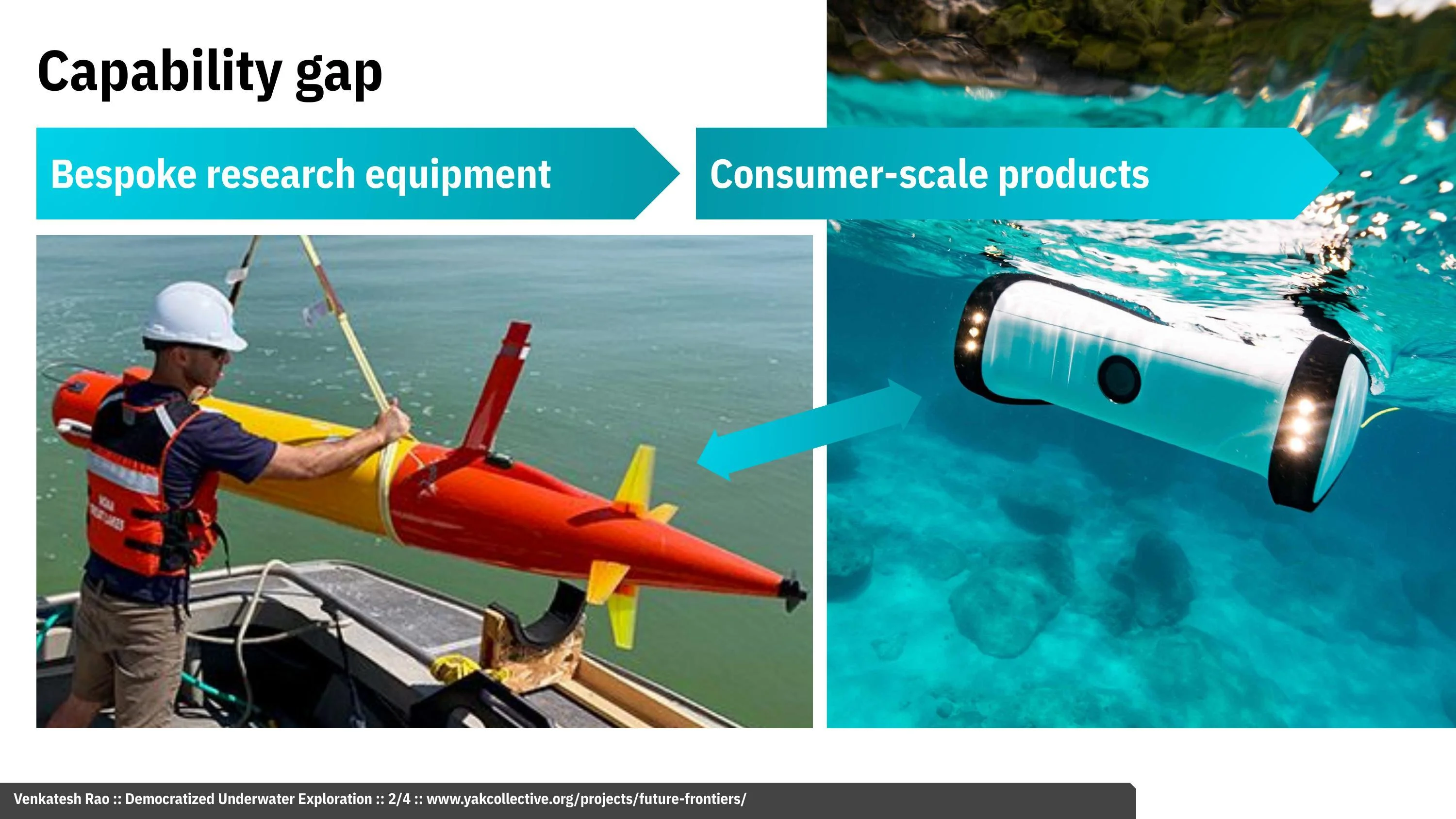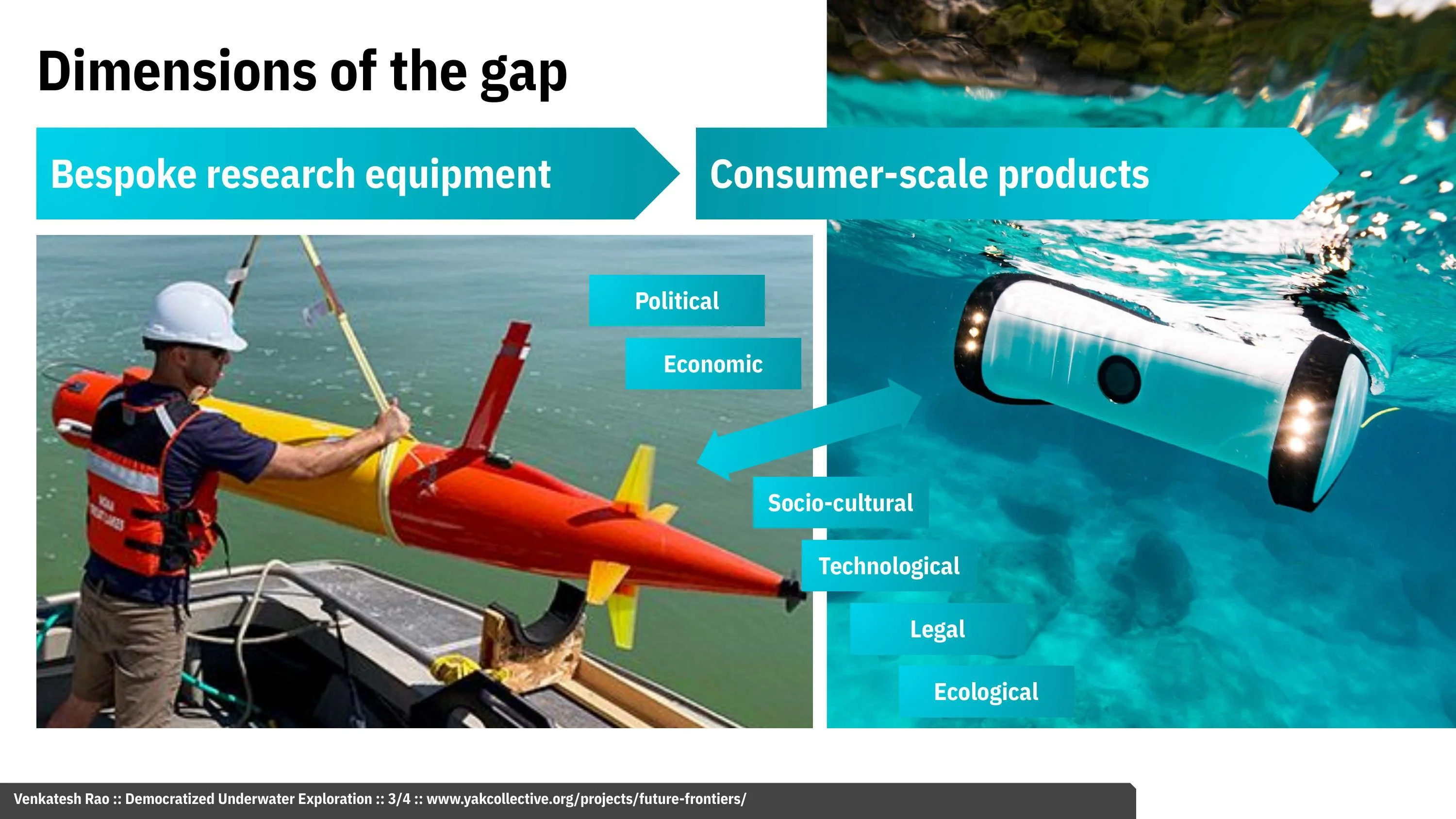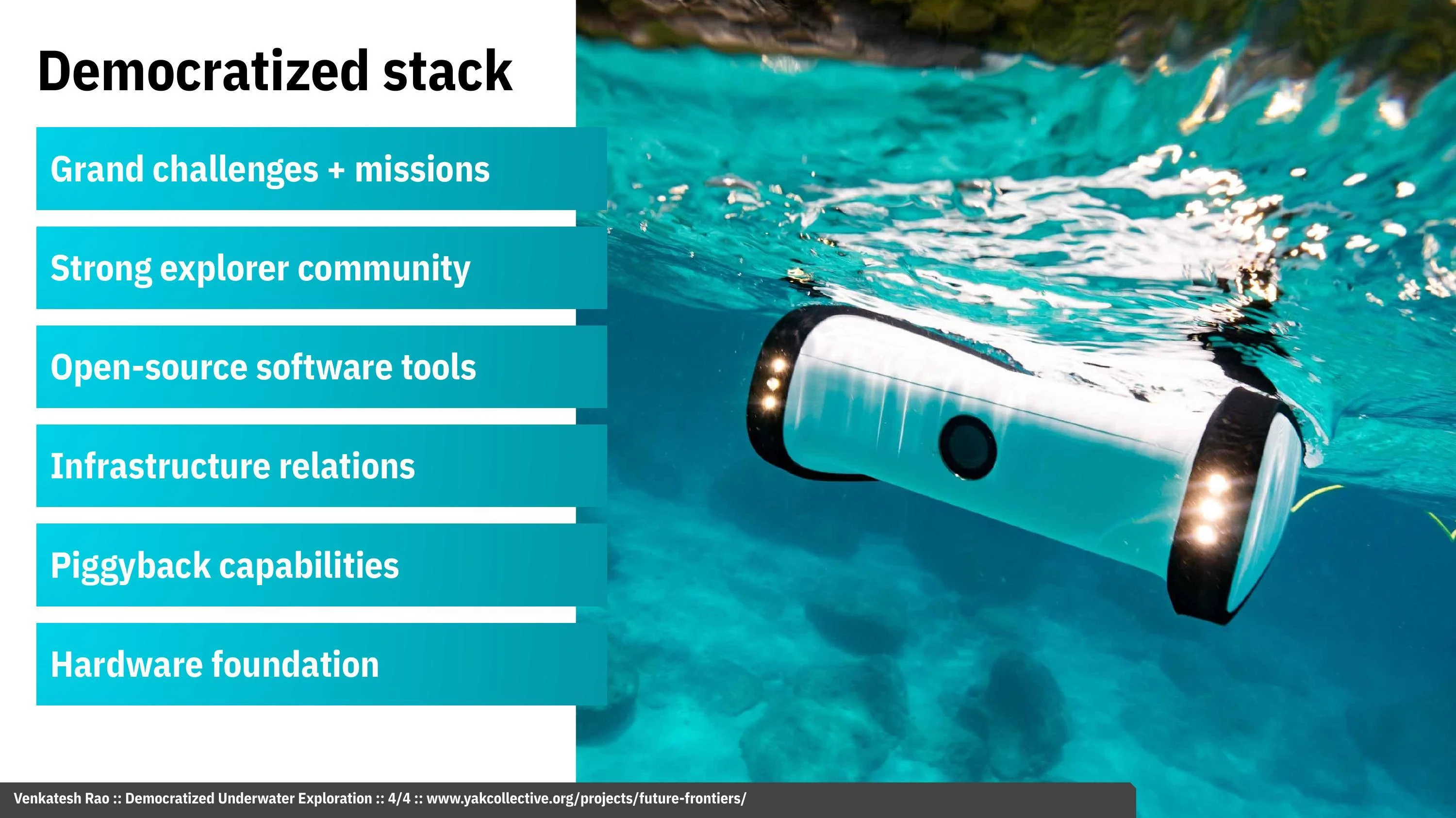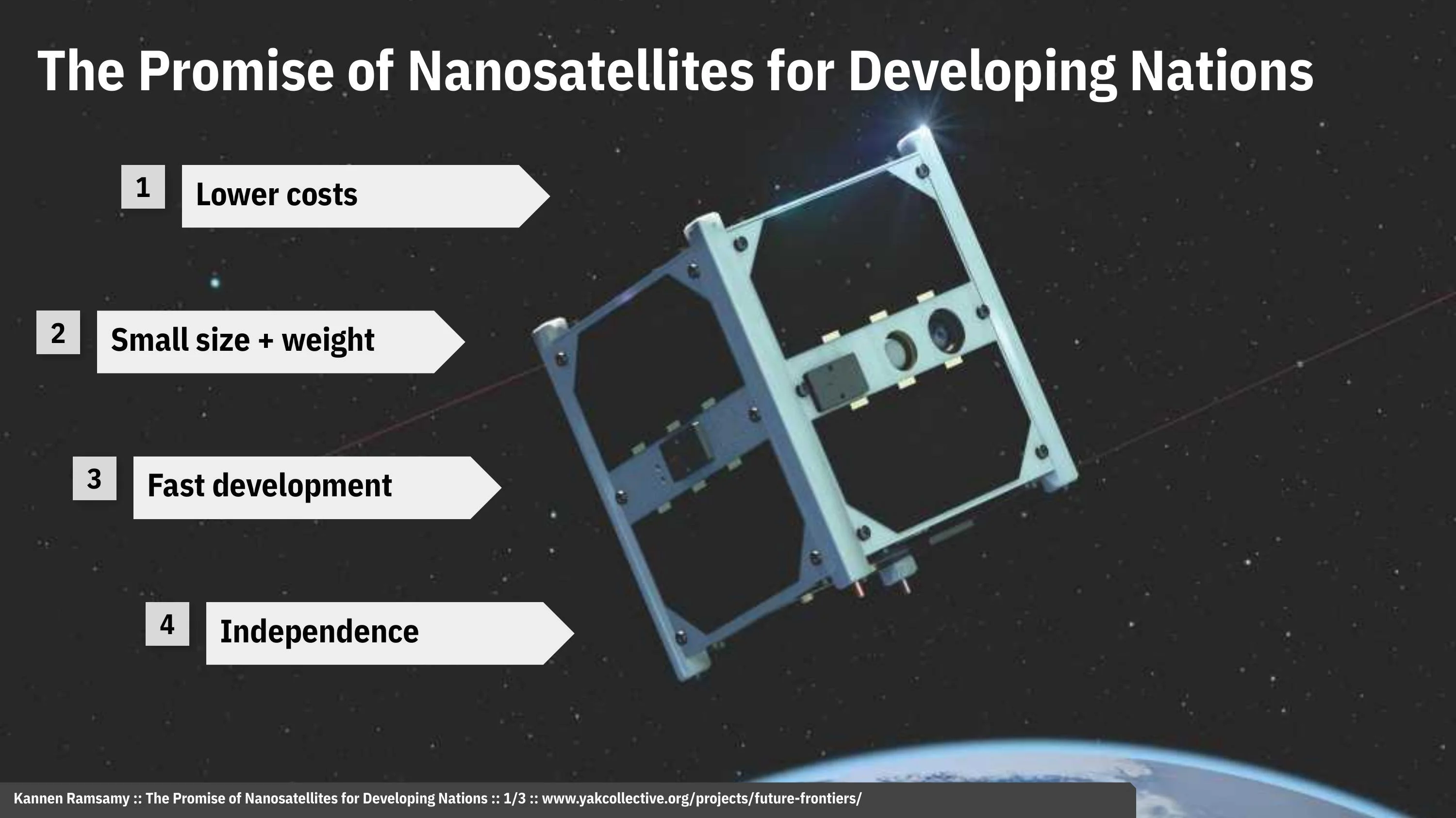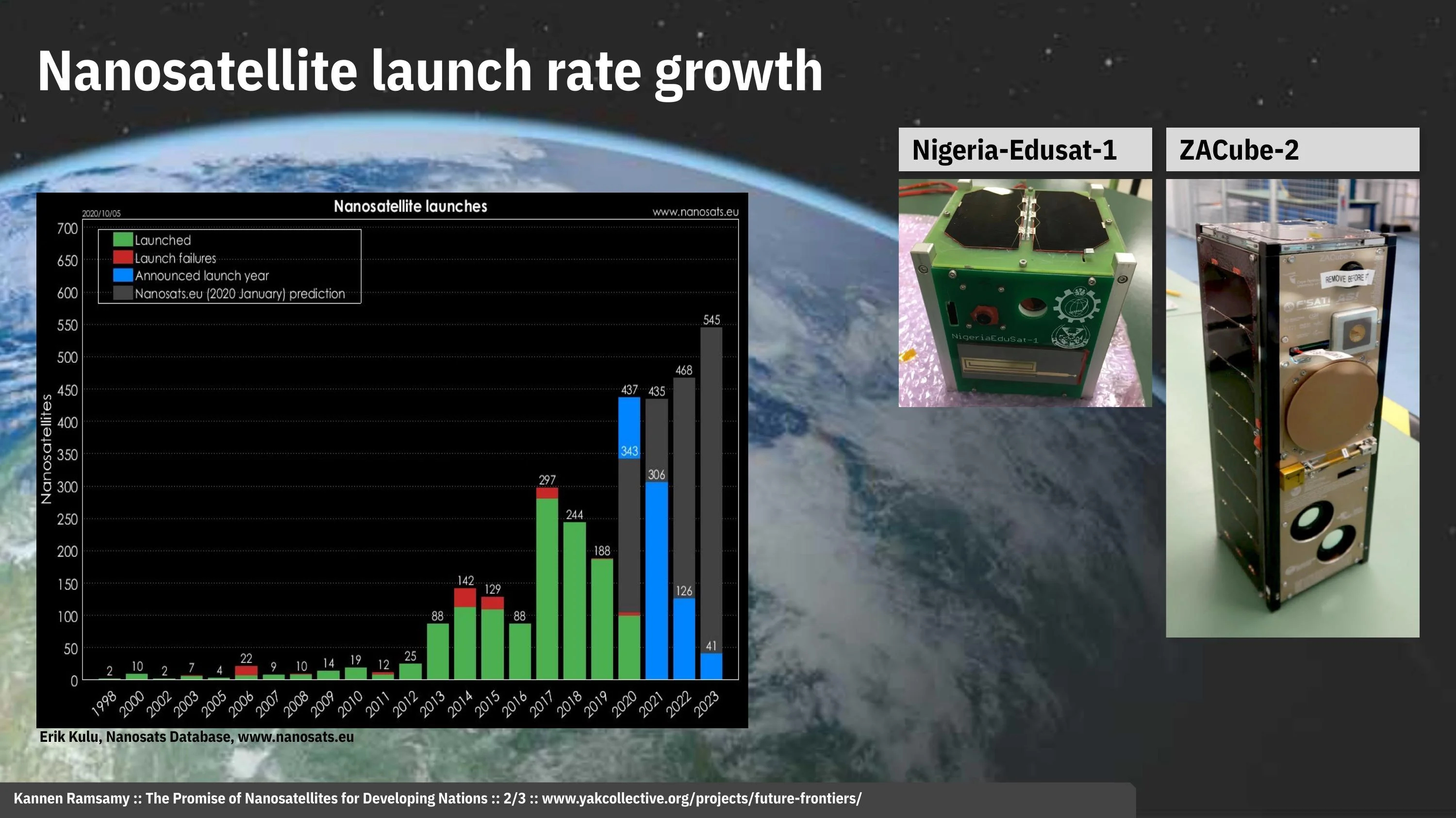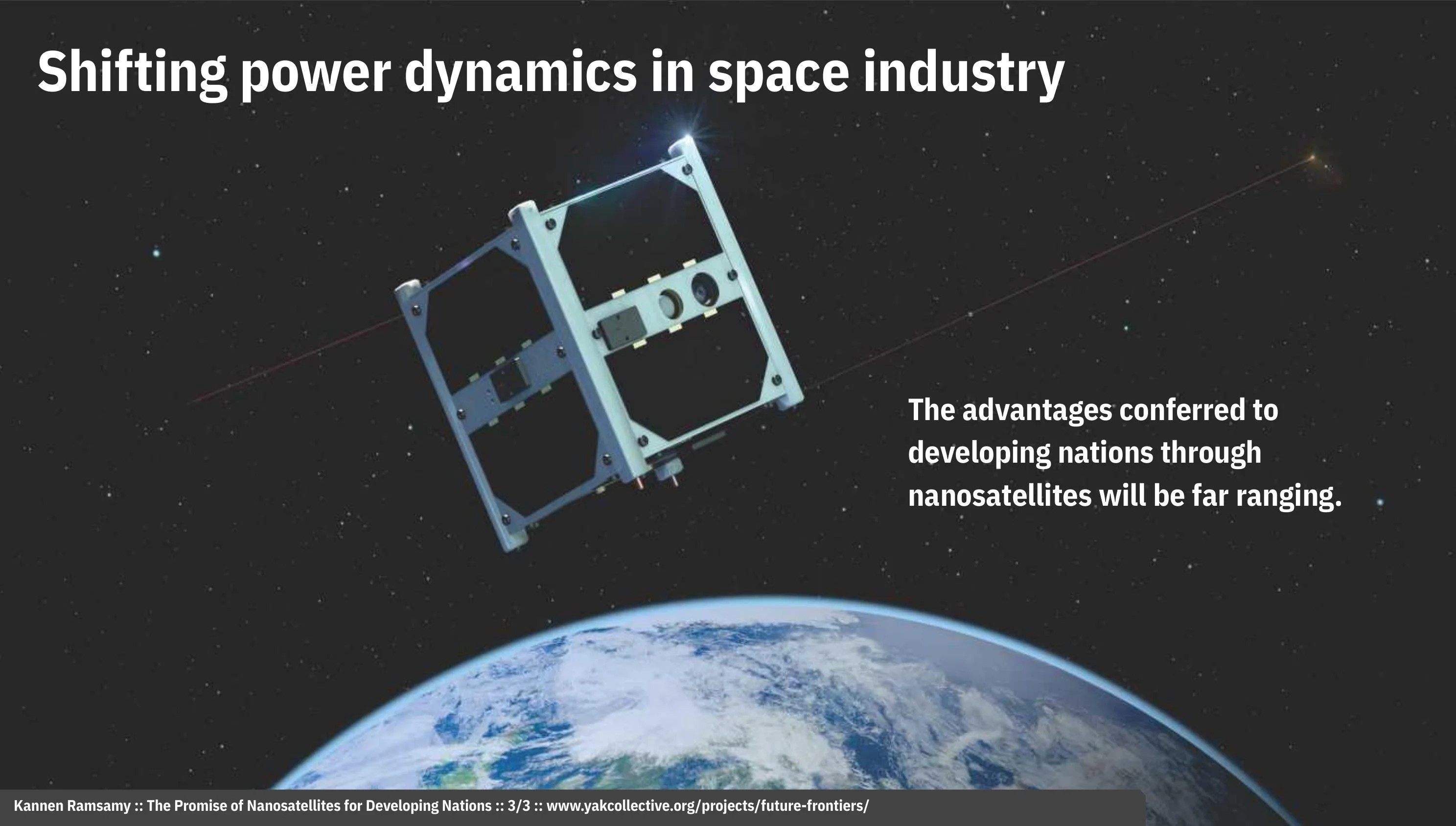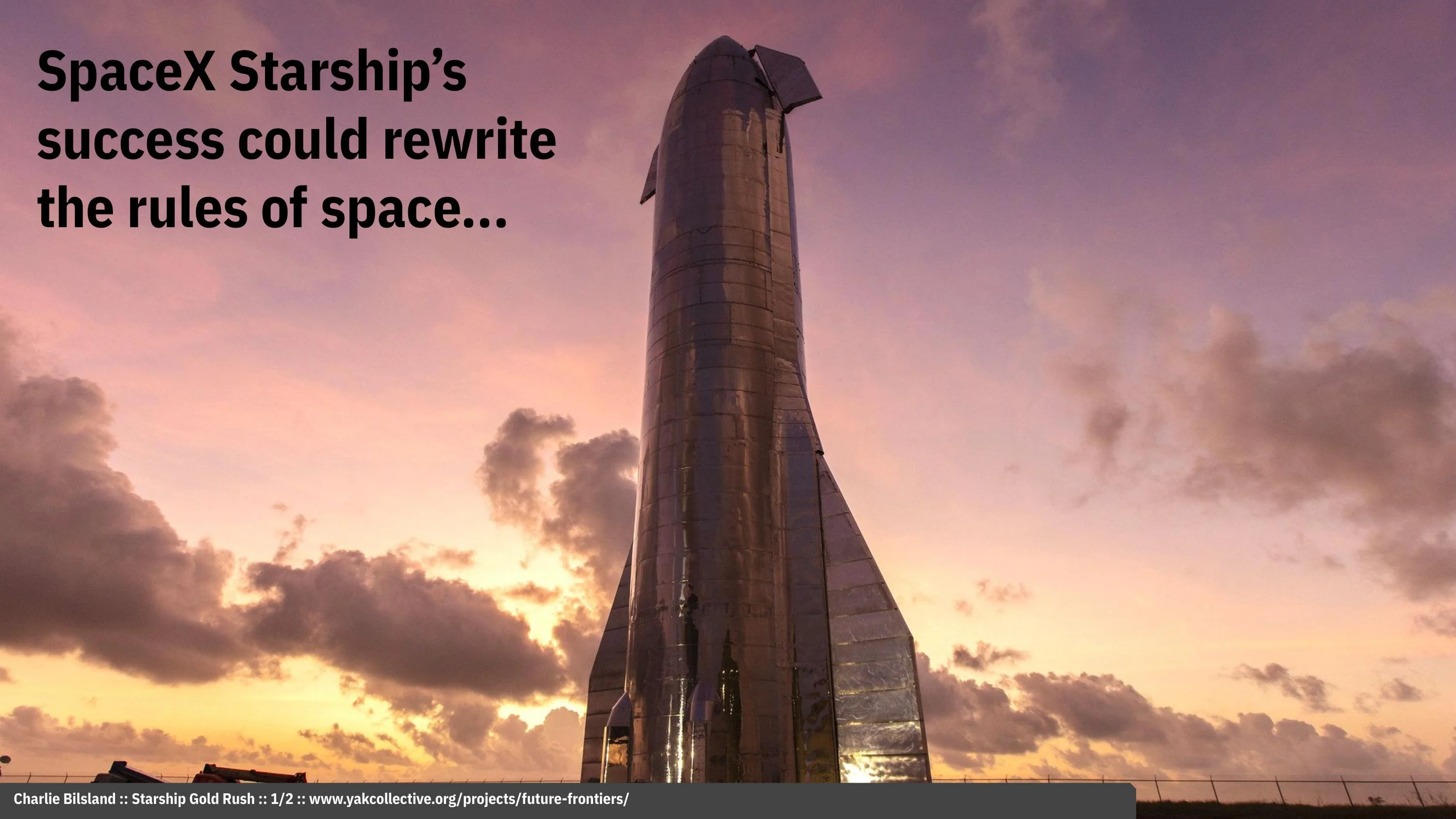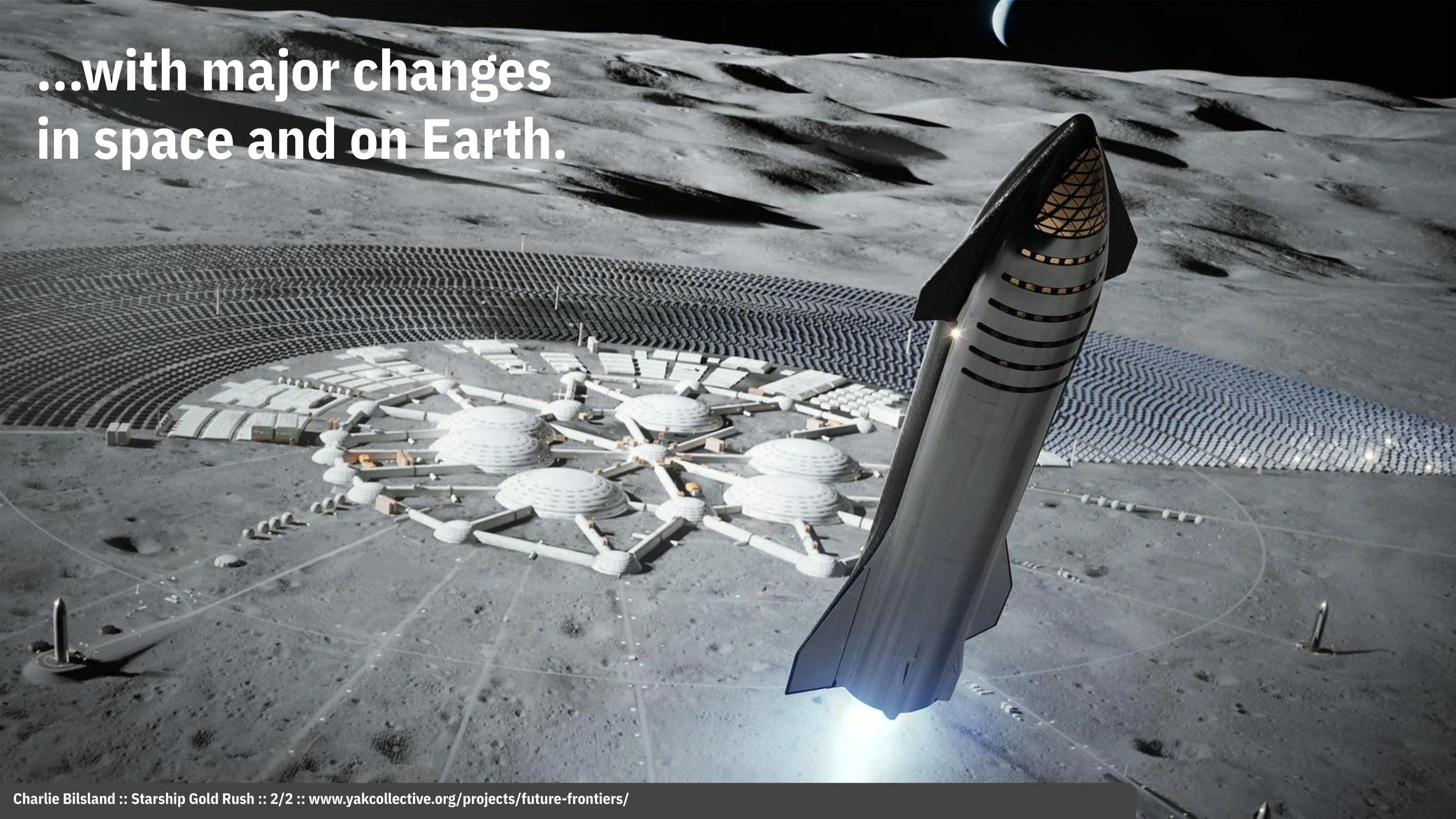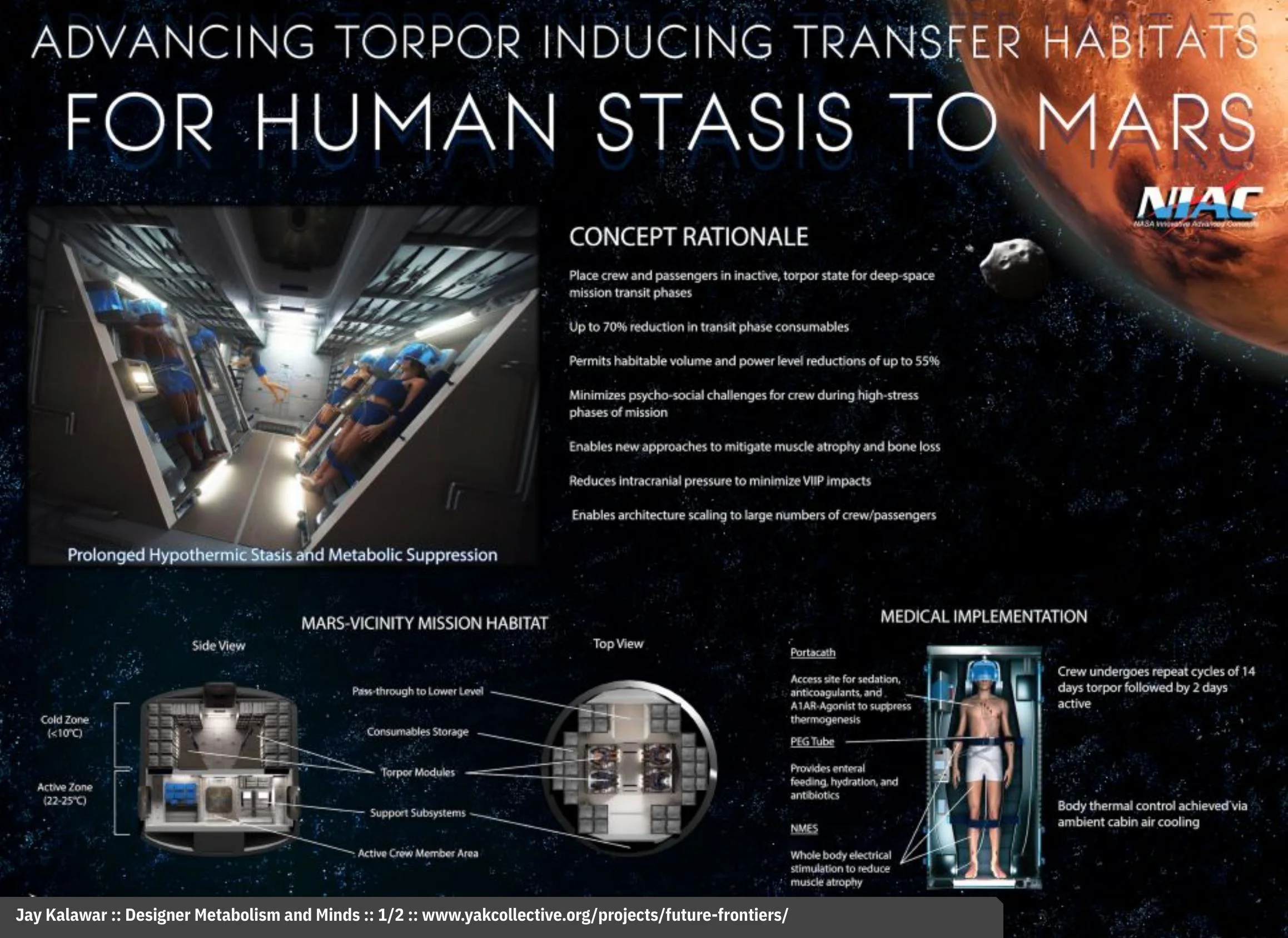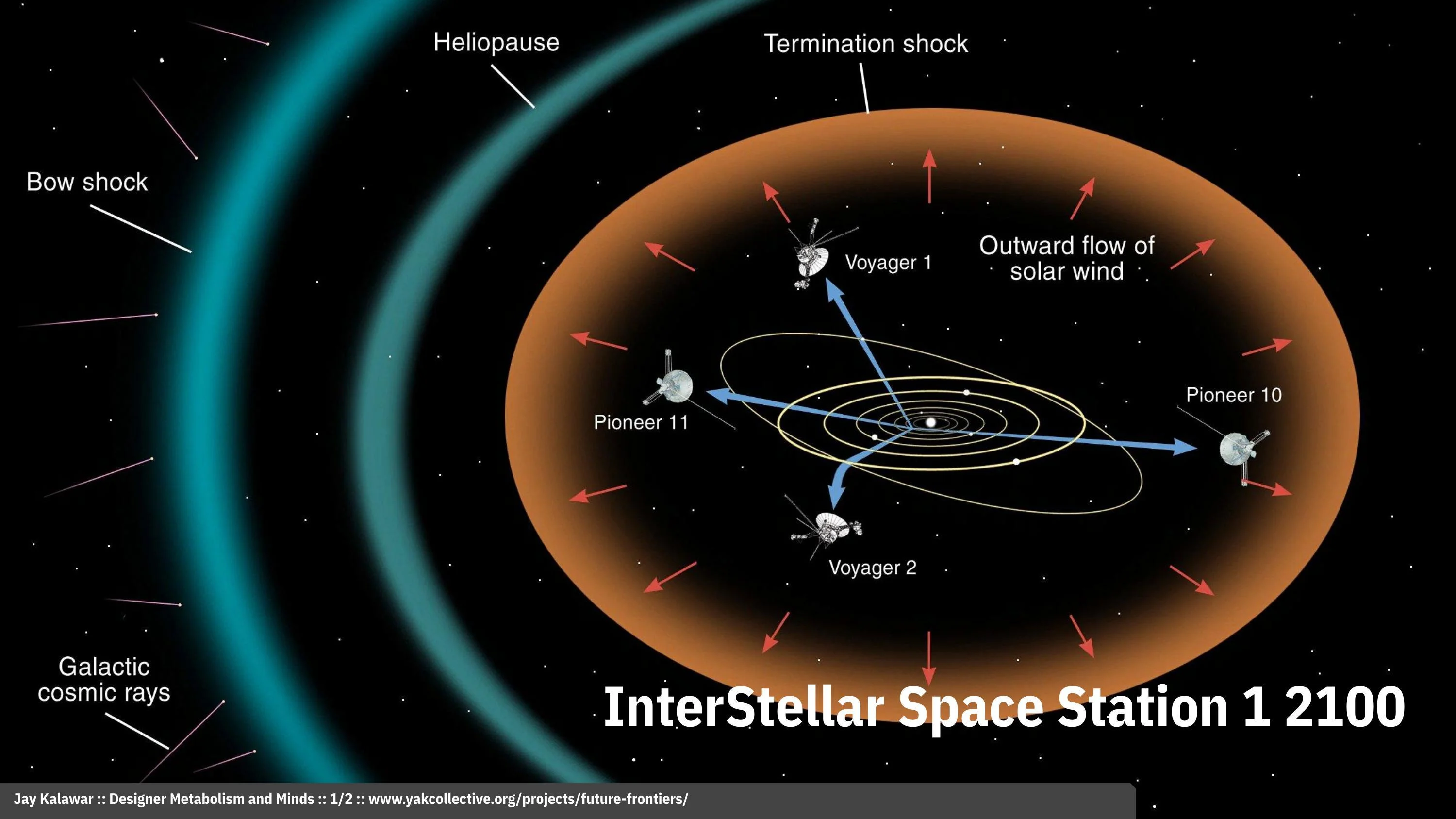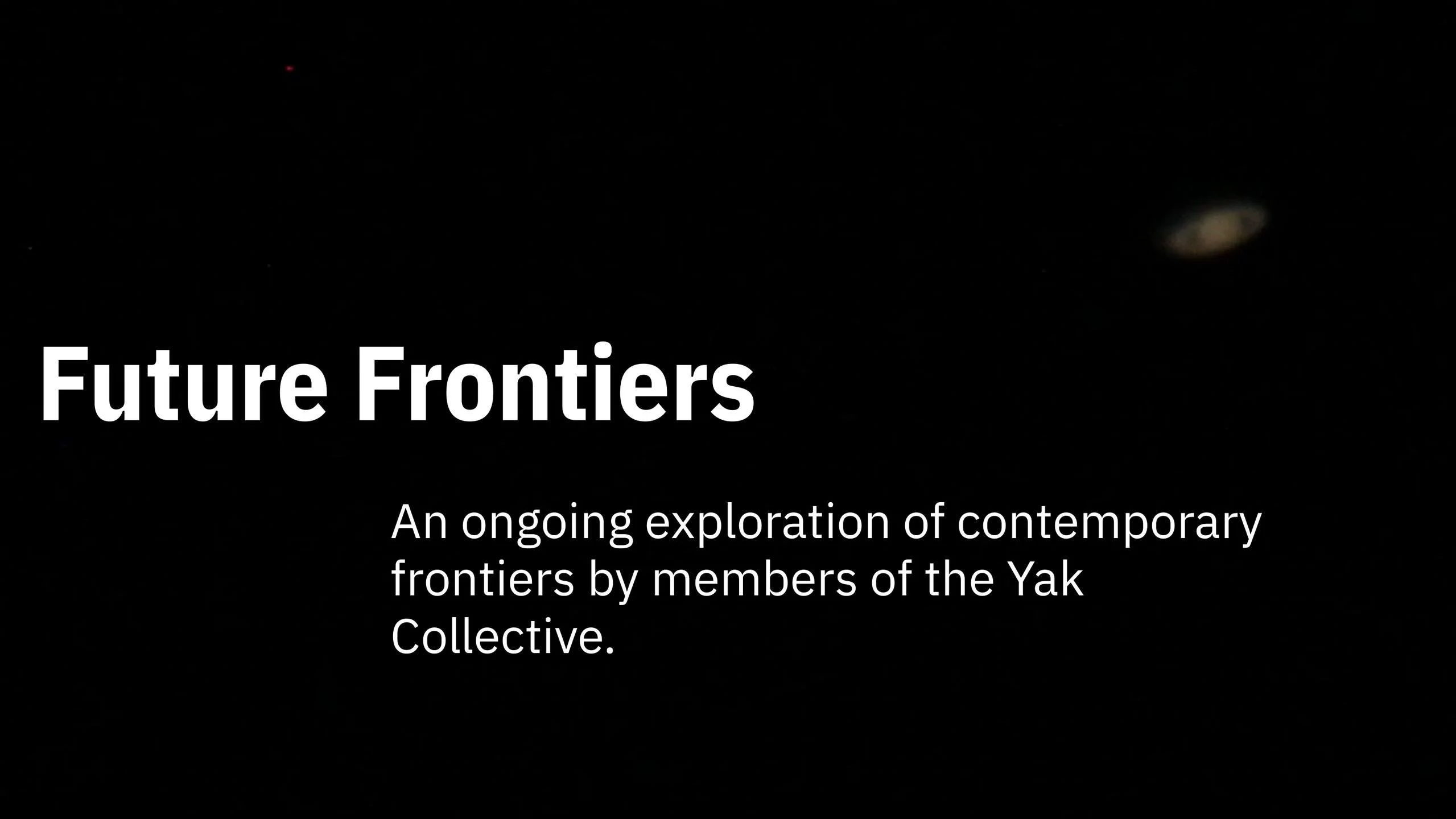
An Era of Democratized Access to Frontiers?
In the 14th century, around the time of the Black Death, citizen explorers like Ibn Battuta and Petrarch planted the earliest seeds of democratized exploration culture. The Age of Exploration witnessed the voyages of explorers like Zheng He, Columbus, Vasco da Gama, and Ferdinand Magellan, who relied on royal patronage. By the 20th century, exploration had become accessible to the educated middle classes, and institutional and state support catalyzed a vast increase in exploratory activity, culminating in the space programs of the U.S. and USSR, as well as efforts like the International Geophysical Year (1957–1958).
While mass participation in frontier exploratory activities is still not a reality, more, and cheaper, enabling technologies are appearing than at any time in history.
In the wake of Covid19, could an era of democratized access to frontiers be the key to a renewed sense of larger purpose in the universe for humanity? In this continuously evolving project, members of the Yak Collective ponder our future as an exploratory species.
On Horizons
Venkatesh Rao
#philosophy
Carse photo from Simon & Schuster; collage by Jenna DixonBecause horizon is the end of vision, and because every move we make gives the field an aspect we couldn’t have noticed before, what lies beyond the horizon cannot be known. […] There are experiences and new information that will show the familiar as strange, the comforting as dangerous, the adjacent as distant. […] Moreover, not every shift of the viewer will reveal something significant. It can be just more of the same, or nothing worth reflecting on. And yet without that shift, we begin to lose our vision altogether: what is seen over and over again ceases to be seen.
— James P. Carse, The Religious Case Against Belief, pages 80 – 81
Frontiers are essential food for the psyche, for a species with the temporal imagination to see past the limits of individual mortality. Frontiers are spaces where moving towards horizons results reliably, if not predictably, in encounters with novelty. And it is the endless supply of novelty flowing across the frontier horizons of humanity that makes it possible to play what philosopher James Carse called the infinite game, where the goal is not to win, but to continue the play.
Democratized Underwater Exploration
Venkatesh Rao
#trendsState-of-the-art consumer-class submersible
Consumer-priced ocean exploration products are just beginning to emerge, creating unprecedented opportunities for democratized participation in ocean exploration. Companies like Sofar (created via merger of OpenROV and Spoondrift) now offer consumer-priced ocean exploration gear capable of serious research and exploration activities. The development is similar to the impact of low-cost, high-power amateur telescopes such as large-aperture Dobsonian telescopes in amateur astronomy. But the stack required for true democratization remains incomplete.
Capability gap
MBARI (left) and Sofar (right)Consumer-scale products have limited range, endurance, depth limit, modest sensor payload, low autonomy capabilities, and a limited stack. Bespoke research equipment like the MBARI Tethys above are capable of long range endurance missions and are supported by a deeper stack of support technologies.
Dimensions of the gap
MBARI (left) and Sofar (right)
- Political: How do amateurs enter the playground of militaries and commercial shipping?
- Economic: How do amateurs meet the high costs of staging deep ocean exploration?
- Socio-cultural: The oceans are a wilderness, how do you build a cultural foundation?
- Technological: How to build the capabilities, which are much deeper than other amateur fields?
- Legal: Can amateurs handle lawless international waters and regulation choked territorial waters?
- Ecological: Will amateurs help protect threatened marine ecosystems or become part of the threat?
Democratized stack
What might a solid stack for democratized underwater exploration look like?
- Grand challenges and missions: Suited to democratized exploration
- Strong explorer community: Comparable to open source, maker movement, astronomy
- Open-source software tools: To process data from community oceanic infrastructure
- Infrastructure relations: With research institutions, commercial shipping, military
- Piggyback capabilities: For opportunistic staging, deployment, communications, and telemetry
- Hardware foundation: High-quality, low-cost, high-variety hardware with greater range, endurance, and sensor payloads
The Promise of Nanosatellites for Developing Nations
Kannen Ramsamy
#trendsNanosatellites and developing nations
The modern-age space industry has long been dominated by global superpowers. Today nanosatellites offer significant promise for developing nations to engage with the space industry on their own terms, in a way that directly benefits their populations. Domestic universities, public sector bodies, and businesses can begin to come to grips with space tech without necessarily turning to wealthier nations to import technological insight and expertise. Younger generations pursuing interests in space will also have increased opportunities to realize these interests at home rather than abroad.
Nanosatellite launch rate growth
In 2017 the Federal University of Technology in Nigeria launched the Nigeria-Edusat-1. The objectives for Nigeria were to increase their scope for space education, capture low- and high-res photographs of the country, and improve measurements of atmospheric density.
In 2018 the Cape Peninsula University of Technology in South Africa launched the ZACube-2. The objectives for South Africa were to monitor their natural resources and enhance communication services.
The nanosatellite launch rate is expected to continue to grow, signaling a move away from the elitist and unrestrainedly expensive routes that have been the mainstay of the industry. Developing nations will be able to capture a percentage of this continued growth, gaining access to space in the way that Nigeria and South Africa have been able to.
Shifting power dynamics in space industry
Nanosatellites shift the power dynamics of space exploration by transforming it into a truly multi-actor field. Developing nations can partake in a variety of political alliances that form exclusively across the space industry in a similar way to existing economic/trade alliances.
Those which rely heavily on natural resources will benefit from nanosatellite data, e.g., understanding how rapid growth in human populations could impact agricultural and geological spaces. Improved signal monitoring will help navigate the impact of natural disasters and support effective relief mobilization. Developing nations will also start to leverage their data/expertise/manufacturing capacity emerging from nanosatellite usage.
Starship Gold Rush
Charlie Bilsland
#exploitationSpaceX Starship’s success could rewrite the rules of space…
Getting into orbit has always been the biggest challenge of space. A functioning starship would reduce cost to orbit by a factor of ten, with wide-reaching implications. Politically, U.S. dominance of the space environment could grow, with grave implications for multilateral space law; the danger of space debris could grow exponentially. New advances in space technology could surge forward, especially in the fields of resource utilization and in-space manufacturing, as well as significant growth in space tourism.
…with major changes in space on on Earth.
One future vision, enabled by the SpaceX Starship, could be the U.S. gaining strategic control of the orbital environment, as well as tactical control of Shackleton Crater on the South Pole of the moon by 2030. Shackleton Crater, with both the largest amount of water ice on the moon and peaks of eternal light, enables the U.S. to crack water ice into rocket fuel, further consolidating its dominance over the cislunar sphere. China predictably responds in kind, expanding its lunar base, and the orbital environment becomes increasingly militarized. Europe and Russia are working together to restrain the expansion of these superpowers, with little success so far.
Designer Metabolism and Minds
Jay Kalawar
#lifestylesAdvancing Torpor Inducing Transfer Habitats for Human Stasis to Mars
Human hibernation was required for humans to go beyond exploration into settling phase on Mars. Successful hibernation required hacking human metabolism. Impact: Increased longevity and well being for all. The key driver was to make human hibernation a large scale human metabolism R&D / hacking project, rather than a space project. Multiple viable designs of human metabolism generated new ways of being human that made neuroscience of 2020 a quaint specialization.
Exploring the Human frontier. We are already exploring the frontier of the human body and mind. First small step: develop the science and tech of designing multiple viable human metabolisms for traveling to and living on Mars by 2040.
InterStellar Space Station 1 2100
NASA / Smithsonian National Air and Space MuseumAbundant production and easy access of neural clones (digital clones embedded in transhumans). Up/down loading of neural data has led to democratization of knowledge across mass of humans. The first Interstellar Space Station 1 crew of 500 humans arrived at AU 122 following the Voyager 1 Track, after 50 years in hibernation (launched from Mars in 2050). Crew confirmed to have biologically aged about 5 metabolic years during the 50 solar years travel. After exit Crew connected with their individual neural clone in Space-Cloud Farms, for a 50 solar years knowledge base update. Each neural clone has been active professionally and socially during the 50 solar earth years. Neural clones as human-ness without the metabolic systems may likely be the parallel science and tech that may evolve as humans begin to go beyond Mars to the outer reaches of the solar system.
Contribute to Future Frontiers
Future Frontiers is set up as an indefinitely evolving project, to which new modules can be added at any time. Any member of the Yak Collective is welcome to contribute a module (subject to editorial approval) on any frontiers-related topic at any time. If you would like to contribute a module, check out the project page for details.
We’ve made a special effort to make this project newbie-contribution friendly. It is one of the easiest and fastest ways for you to learn what the Yak Collective is about, and how to get active within it.
When you contribute to Future Frontiers, you will make new friends, learn how our projects work, earn a member page on this website, and level up your role from yak to made yak on our Discord server. All you need is an interesting take on the nature of frontiers that can be captured in a few slides and short notes. If you can’t think of a topic, there is a list of prompts and suggestions available for you on the project page.
The Yak Collective // Future Frontiers
Lead editor / Venkatesh Rao // Co-editors / Jenna Dixon and Siva Swaroop // Collaborators / Charlie Bilsland, Jay Kalawar, Kannen Ramsamy
